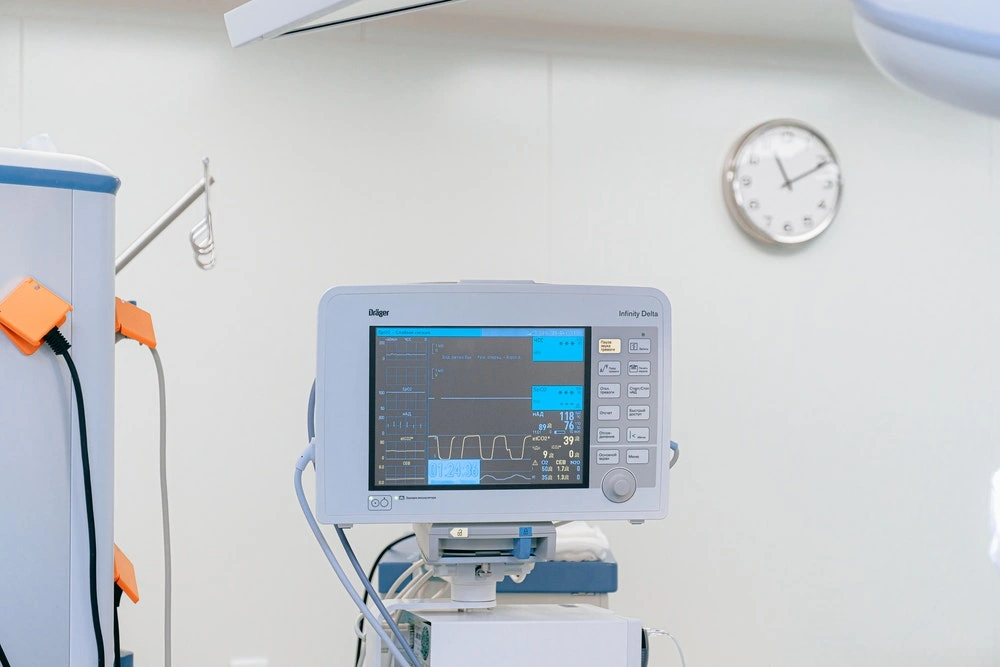Medical malpractice lawsuits are very prevalent in the country. They usually range from mishaps during surgery to pharmacists providing the wrong type of medicine. But one of the most widespread types of medical malpractice lawsuits involve misdiagnosis.
Misdiagnosis refers to when doctors or other healthcare providers mistake one disease for another or even claim that there is nothing wrong with a patient. According to one study, over 12 million patients receive the wrong diagnosis from their medical care provider every year.
Many cases of misdiagnosis do stem from doctors making mistakes or simply not listening to their patients or inadequate testing. But sometimes there are ailments and disorders that are hard to properly diagnose. Below are some of the most commonly misdiagnosed illnesses.
Learning about them can help you get a proper diagnosis should you suspect that you are developing one of these diseases.
-
Lupus
Lupus is an inflammatory disease that stems from your immune system attacking your own organs and cells. The inflammation can affect multiple systems at once, from your skin to your joints and even your brain or respiratory system. Most of its symptoms can be easily linked with other diseases.
For example, common effects include feeling fatigued, getting feverish or having headaches. More unique symptoms are the distinct butterfly rash on the face, whitening of extremities in cold temperatures.
Lupus is often misdiagnosed as chronic fatigue syndrome because of the tiredness associated with it or rheumatoid arthritis because of the joint inflammations.
Testing for lupus can be quite extensive and requires exhaustive lab procedures. These include complete blood counts, DNA tests and even chest X-rays. This means that it is quite tricky to get an accurate diagnosis unless the doctor has adequate experience and reason to suspect.
-
Heart Attack in Females

Popular media has cemented the idea that heart attacks look dramatic, suddenly sending bolts of agony in someone’s chest with much clutching and groaning. However, heart attacks can vary between men and women and even between different people.
Some of the symptoms of heart attacks include uncomfortable pressure in the chest or the center of the toros. This can simply feel like you are too full or getting a heart burn. Other symptoms include breaking out into cold sweats, feeling lightheaded or even a little nauseated. Pain can also emanate from regions that you don’t think are connected to the heart such as your arms, your neck or your jaw.
These disparate symptoms are also exacerbated by the prevalent gender bias in diagnosis, with many women often receiving wrong diagnoses even as they suffer from severe cardiac problems. This can prove deadly as women are turned away from the hospital just because medical professionals mistake the symptoms of their heart attacks for less serious illness.
-
Lyme Disease
Lyme disease is a serious systemic infection that occurs when an infected tick bites a human being. The disease has become widespread in recent years because of human encroachment into areas where deer live, ensuring that deer ticks, the primary infection vectors of the disease, come into contact with people.
The symptoms of the disease include cramping of the abdominal muscles, feeling nauseated, stiff od the neck muscles and uncontrollable twitching of the face and eyelids.
Lyme disease’s unique symptom is a red rash shaped like a bull’s eye that develops around the bite area. Unfortunately, ticks can bite people in places where the rash can be hidden such as the scalp or the armpits. Without this telltale sign, doctors can sometimes mistake Lyme disease for meningitis, influenza or mononucleosis.
-
Depression

One of the most serious mental disorders a person can develop is depression, a legitimate condition where the afflicted can find little or no motivation, joy or suffer from sudden and overwhelming sadness for little or no reason.
Depression is often dismissed as just a phase or seen as a moral failing, which means the misdiagnosis can begin at home instead of a healthcare provider. However, there are still instances when counsellors and other professionals don’t understand that the sadness someone is going through stems from depression. This can lead to people suffering for months or even years without getting appropriate treatment for their condition.
Misdiagnosis may be caused by arrogance, ignorance or even overconfidence but sometimes there are diseases that can be very hard to identify correctly. Patients and healthcare providers alike can both be better off if they have access to as much information about hard to diagnose diseases as possible. This knowledge can save lives and prevent further misdiagnosis from happening.

